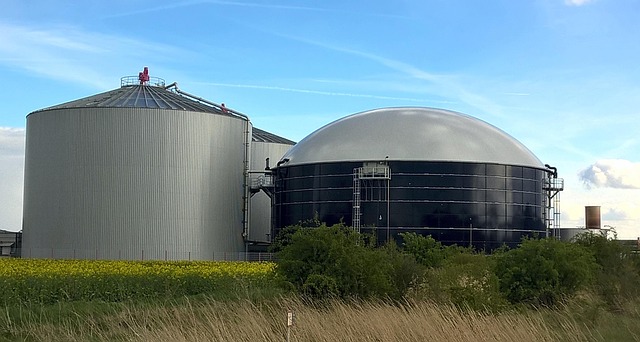In a world increasingly aware of the pressing realities of climate change, the quest for sustainable solutions has never been more vital. Among the myriad of green technologies, biogas stands out as a pioneering approach that embodies both innovation and practicality. Biogas, a renewable energy source produced from the anaerobic digestion of organic materials, offers a tangible solution for reducing our ecological footprint.
As we navigate the challenges of sustainable development, the role of biogas in transitioning to a carbon-neutral future becomes evident. Not only does it provide a renewable source of energy, but it also utilizes waste materials that would otherwise contribute to fossil fuel dependency or landfill overflow. By transforming waste from agriculture, food production, and even municipal waste into biogas, we can mitigate greenhouse gas emissions while generating electricity, heating, and even vehicle fuel.
Incorporating biogas systems at both community and individual levels has the potential to drastically lessen our ecological footprint. For instance, families that adopt biogas digesters not only manage their organic waste more effectively but also enjoy the benefits of free energy. This is especially advantageous in rural areas, where access to conventional energy sources may be limited or unreliable.
Moreover, promoting biogas technologies also stimulates local economies. By creating markets for organic waste collection and biogas production, we can encourage job creation while fostering a sense of community responsibility towards waste management. Envision a future where our agricultural practices align with environmental stewardship through the use of biogas; it opens a door to sustainable farming that restores balance to our ecosystems.
Transitioning to biogas systems aligns seamlessly with the broader goal of carbon neutrality. The process of generating biogas not only captures methane emissions—which are significantly more potent than CO2—but also converts these emissions into valuable energy. Thus, the cycle of waste is transformed into a reinvestment in our planet’s health.
As we continue to innovate in green technologies, biogas represents a bridge toward a more sustainable society. Communities that embrace this method of energy production will find themselves at the forefront of the movement towards environmental preservation and sustainable living. By recognizing the potential of biogas, we can spark meaningful change and take definitive steps towards achieving a carbon-neutral future.




